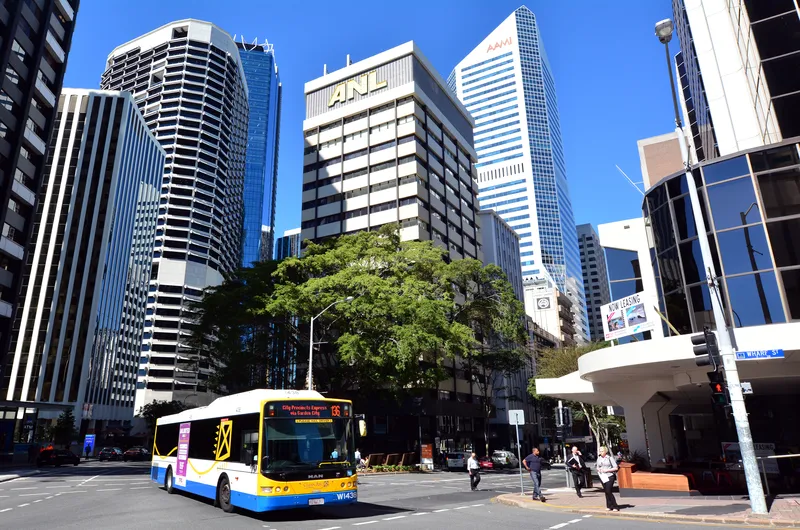
The government of Tasmania has selected Cubic Transportation Systems to provide a smart ticketing solution for the Australian island state’s public transport system.
It will provide integrated fares across multiple mobility operators, allowing transfers and fare capping as well as the creation of multi-operator, multimodal fare policies.
The new system will leverage the advanced account-based ticketing solution that the company now delivers for Queensland state’s department of transport and main roads. This collaborative approach means that Tasmania will have access to a fully featured account-based system typically deployed to much larger regions.
Tasmania’s minister for transport Eric Abetz and Cubic vice president and Dino Beverakis announced the multi-year contract in the state capital Hobart.
"It will make boarding quicker and make using public transport more convenient,” said Abetz. “This is an excellent example of resource-sharing across jurisdictions for the benefit of Tasmanians.”
Tasmania is around 240km off Australia’s southern coast and encompasses the main island and 1,000 surrounding islands. It is Australia's smallest and least populous state, with just under 574,000 people.
Beverakis noted that the deal shows a potential model for smaller cities to leverage technology that’s usually only available to larger jurisdictions. “The collaboration is the first of its kind, with the goal to provide an integrated public transport network across jurisdictions,” he said. “It is made possible by the vision of the Tasmanian and Queensland governments along with Cubic.”
Work on the new smart ticketing system begins this month with a staged roll-out planned for 2026.








